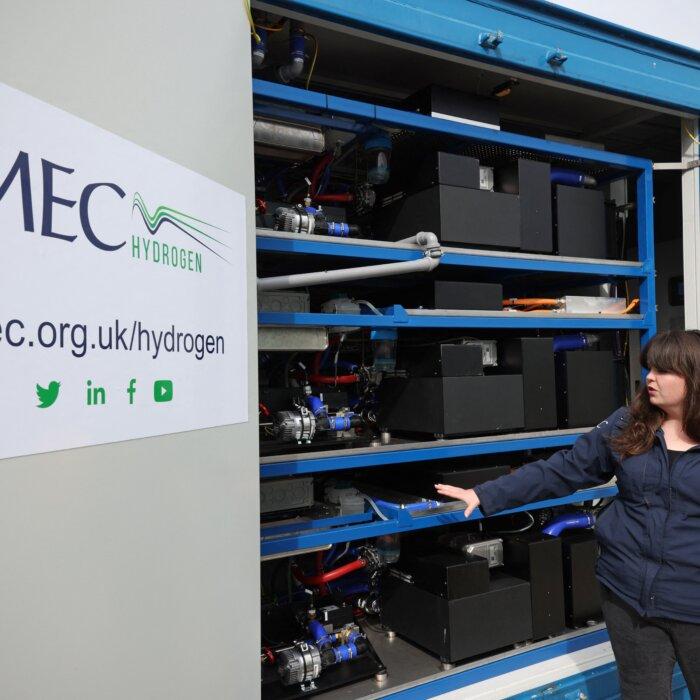A company is planning to build giant underground salt caverns for hydrogen storage under a former naval base in Dorset.
Each will be lozenge shaped with a height and width of 90 to 100 metres.
Green Hydrogen
But now it is being touted as an area for hydrogen storage.On Thursday, UKOG said its planned hydrogen storage facility received a letter of support from SGN, the operator of the planned hydrogen transmission line which would link its storage site with the Solent Cluster, southern England, and the UK-wide Project Union hydrogen grid.
Unlike blue hydrogen, which relies on fossil fuels, green hydrogen is produced through electrolysis, using renewable energy to split water.
UKOG’s site works by using water to dissolve an underground space in a seam of rock salt, allowing hydrogen to be piped in and out.
UK Energy Storage, a wholly-owned subsidiary of UKOG, will oversee the project.
It said that if delivered, the project would be “a key enabler for the decarbonisation of an area projected by National Grid to consume 56 percent of the UK’s hydrogen demand by 2040.”
The company said that the total project cost is likely to exceed £1 billion, though it could take some time to build.
‘What Happens If It Goes Wrong’
Paul Kimber, a Labour councillor in Portland, told The Epoch Times that he wanted to know the safety implications of the site.“We need to know that it’s 100 percent safe and what arrangements are made—what happens if it goes wrong,” he said.
The Epoch Times contacted UKOG for comment.






